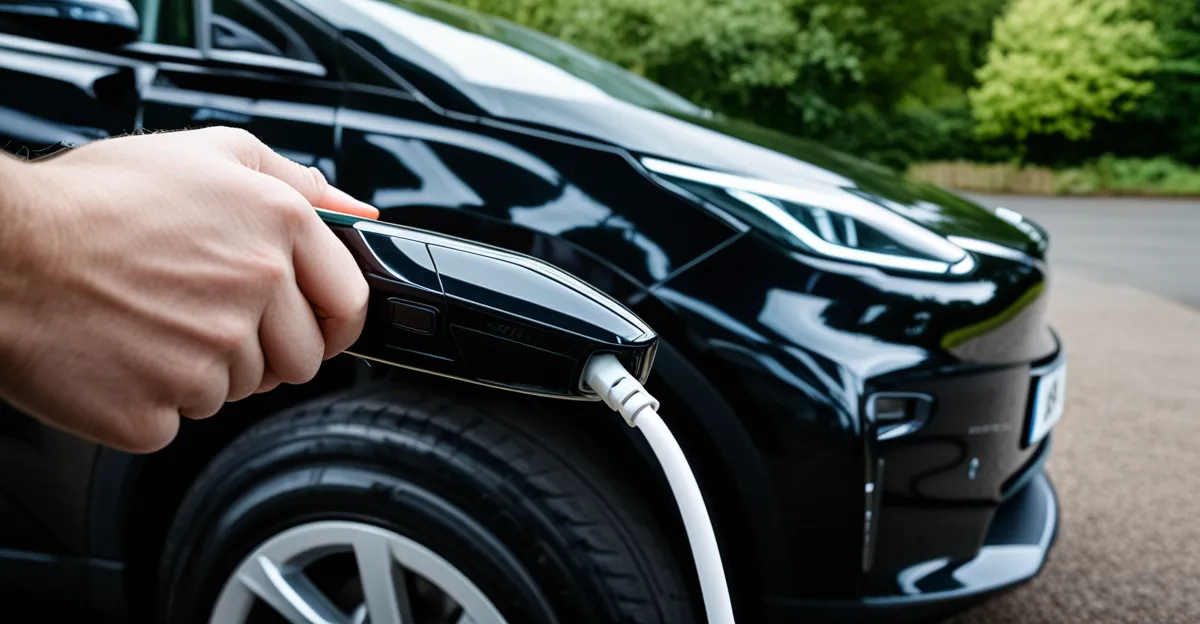UK Automotive Manufacturers’ Strategies for Electric Vehicles
Leading players in the UK automotive industry have clearly outlined their electric vehicle strategy with aggressive targets for electrification. Manufacturers are committing to full or significant electrification of their vehicle line-ups by 2030 or sooner, reflecting the urgent pivot towards sustainable transportation.
Major investments are being funneled into electric vehicle production and R&D, often amounting to billions of pounds. These funds support new production facilities, battery technology development, and enhanced EV platform designs. For example, manufacturers integrate vertical production lines dedicated to EVs within existing plants, enabling faster rollout and cost efficiency.
Have you seen this : What are the consumer trends influencing the UK automotive market?
Collaboration plays a critical role in accelerating the manufacturer response to market demand. Partnerships with battery producers, technology firms, and government-backed innovation hubs are common. Such alliances allow sharing expertise and infrastructure, reducing risk and speeding the development of next-generation EVs.
By aligning investment with clear milestones and leveraging cross-sector partnerships, UK automotive manufacturers position themselves to lead in electrification while addressing industry challenges head-on. This strategic approach underpins the sector’s commitment to supporting the country’s climate goals and evolving consumer preferences.
Also to discover : How Does the UK’s Automotive Industry Impact the Environment?
Expansion of Electric Vehicle Models and Offerings
The UK automotive industry is expanding its electric vehicle models UK significantly, responding to growing consumer interest and evolving market demands. Major manufacturers are unveiling a diverse range of new EVs, from affordable urban cars to high-performance electric sports models. This diversification is a direct outcome of increased EV investments, enabling R&D teams to explore various vehicle categories.
As part of their electric vehicle strategy, manufacturers are introducing more hybrid options alongside full electric models. This offers consumers more flexible and accessible choices, catering to those transitioning from petrol or diesel vehicles. The launch of competitively priced EVs addresses affordability concerns, which remain a key barrier for many buyers.
High-end brands in the UK are also capitalizing on their reputation by developing premium electric cars with enhanced performance and luxury features. These vehicles not only strengthen brand identity but also push technological innovation within the industry.
This broadening of EV portfolios is complemented by active manufacturer response to consumer preferences. By increasing the variety and volume of electric and hybrid models, UK automotive firms aim to capture larger market shares and accelerate the shift toward sustainable mobility.





